
We are delighted to welcome another Erasmus+ alumnus from Ohiienko University!
Khrystyna Barchuk, a third-year student at the Faculty of Foreign Philology, specializing in 014 Secondary Education (Language and Literature (English, German)), participated in an academic mobility program at the Catholic University in Ružomberok, Slovakia. Khrystyna studied there from February 16 to July 15, 2024, as part of the CA171: International Credit Mobility program.
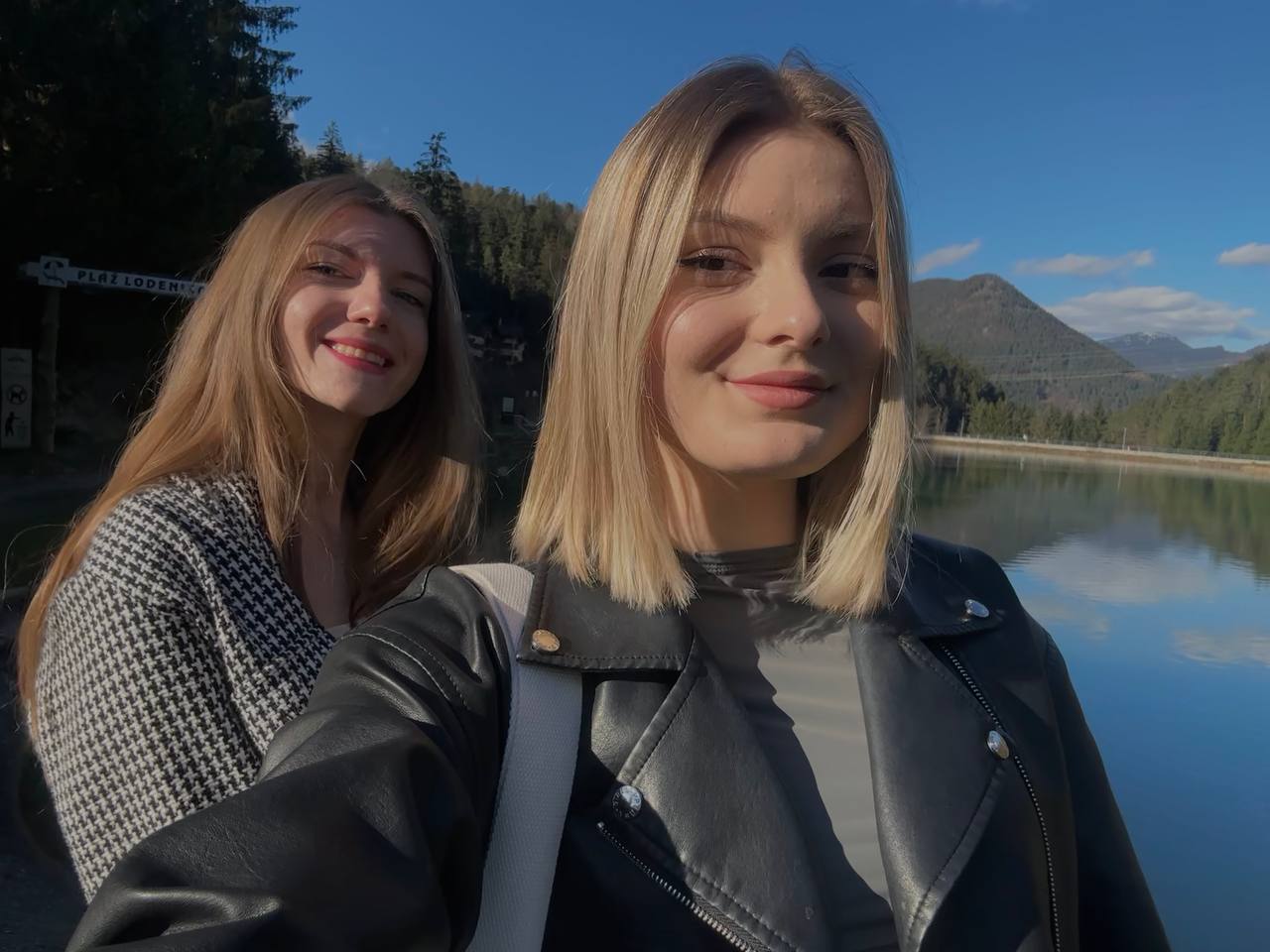
Khrystyna, tell us please how it all started.
It all started when I stumbled upon an Instagram post highlighting the opportunity to study abroad through the Erasmus+ program. The idea immediately caught my eye. The chance to immerse myself in a foreign language environment, build new friendships, and experience both cultural and educational diversity seemed like the perfect adventure. My desire to broaden my horizons and challenge myself ultimately inspired me to apply for the program.
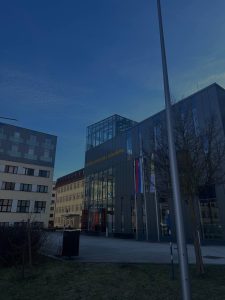 Did you face any difficulties in preparing the documents?
Did you face any difficulties in preparing the documents?
Not at all. While the process of completing and organizing the necessary documents can initially seem daunting, it’s much easier with the right guidance. The Office for International Cooperation at our university provided excellent support. The leading specialist in international academic mobility was always ready to assist, answering my questions and helping me navigate any challenges. This made the entire process smooth, efficient, and stress-free.
How did the selection process work?
To begin with, I had to familiarize myself with all the necessary documents required by the Office for International Cooperation. One key requirement was to provide proof of English proficiency, which I obtained after passing a university-administered test. Once I was selected, a specialist in international academic mobility guided me through the subsequent steps, making the process clear and straightforward.
“London is the capital of Great Britain.” Am I ready to go?
Of course, the first step in the Erasmus+ selection process is a language proficiency check, which ensures that applicants have the necessary level of English to succeed in an academic and social environment abroad. Since all my courses in Ružomberok were conducted in English, and I also needed the language for daily communication and travel, my level of English played a critical role.
While English proficiency is crucial, knowing the host country’s language can be a significant advantage. If you don’t have this knowledge, there’s no need to worry—language courses are typically offered during your studies. In my case, learning Slovak helped make my stay more comfortable and facilitated my adaptation to a new linguistic and cultural environment.
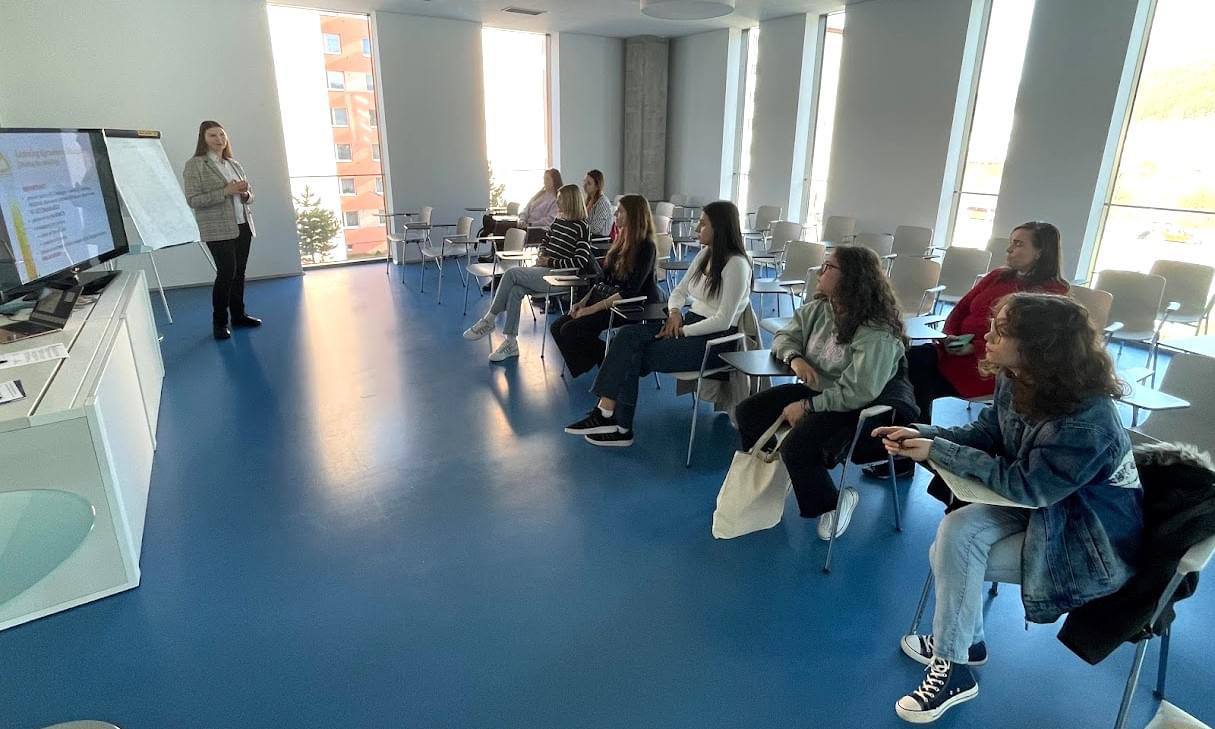
Do Erasmus students need to study?
A common misconception is that Erasmus+ students don’t have to take their studies seriously. This is far from true. As Erasmus students, we attended classes alongside regular students, actively participated in lessons, completed homework assignments, and took the same exams as everyone else. While our schedules might not have been as intensive as those of full-time students, we were still expected to engage fully in our studies, maintain academic standards, and meet all course requirements.
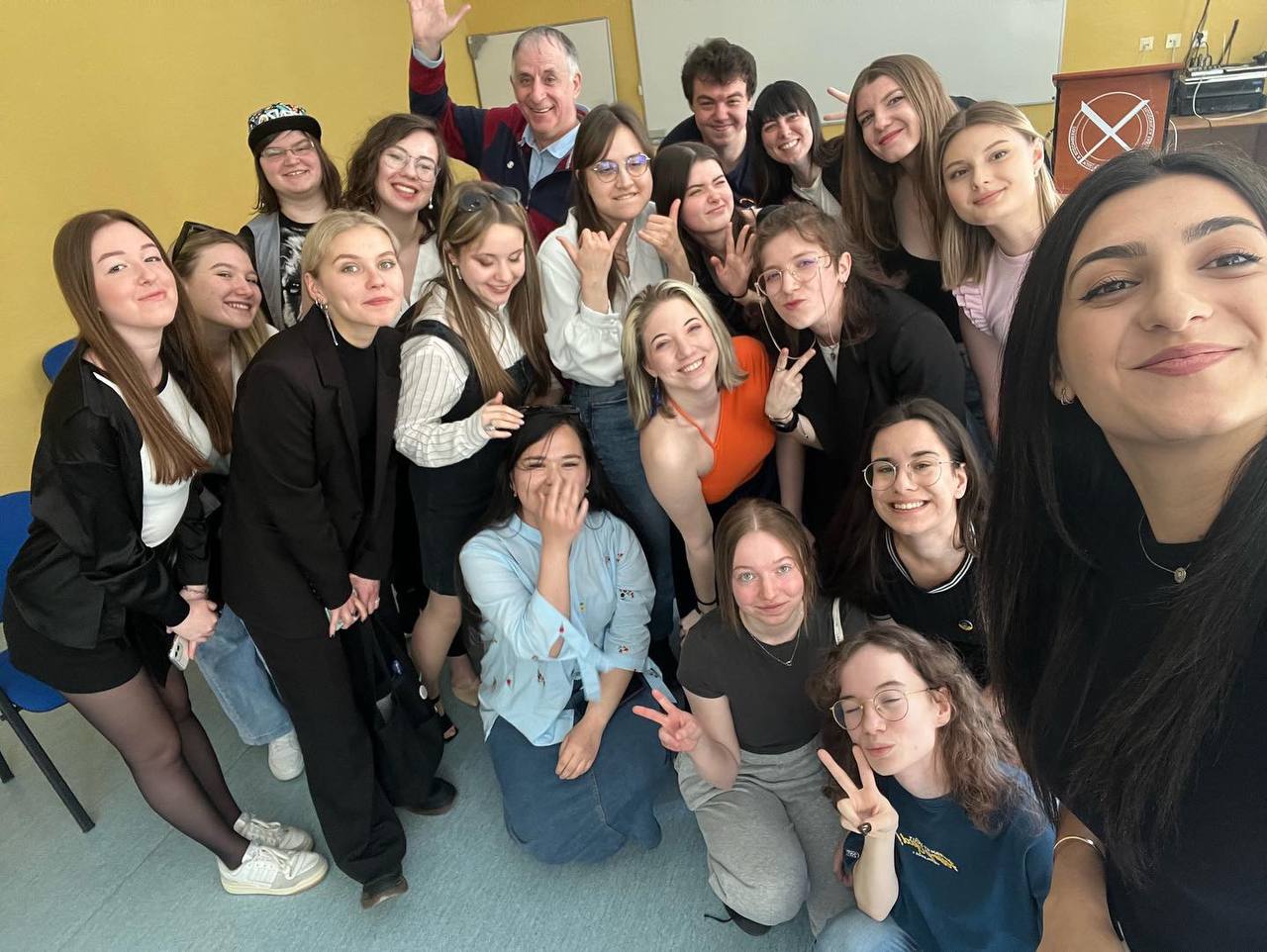
Does the program provide support for newly arrived students?
Yes, the program offers comprehensive support for new students. Upon arrival, we were invited to various events aimed at helping us acclimate to the university environment. We attended language courses, orientation sessions, and campus tours. The university also assigned coordinators who were always available to assist with practical issues such as opening a bank account or applying for a residence permit. Local students were incredibly supportive too, helping us with everything from understanding the academic process to adapting socially.
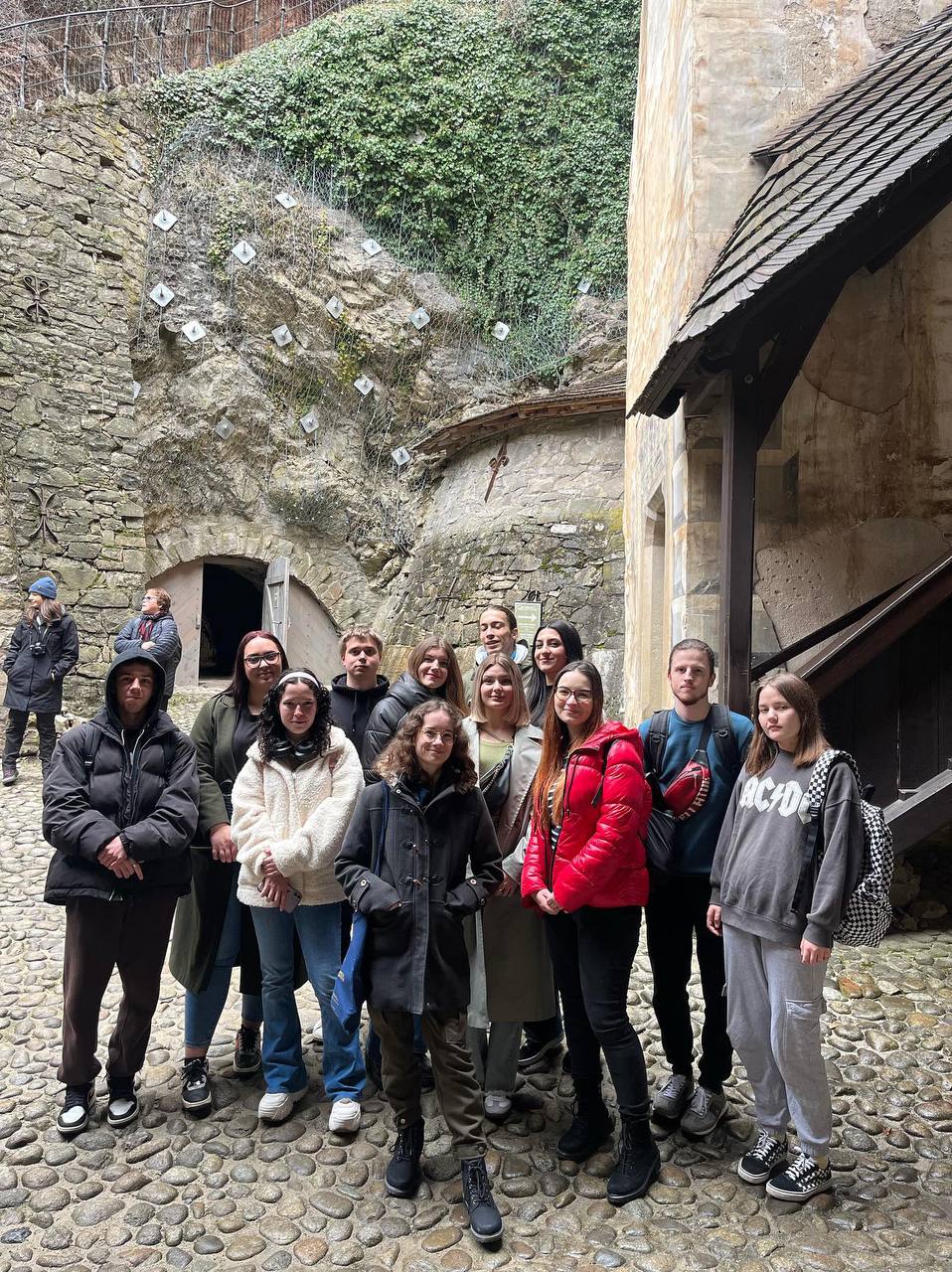
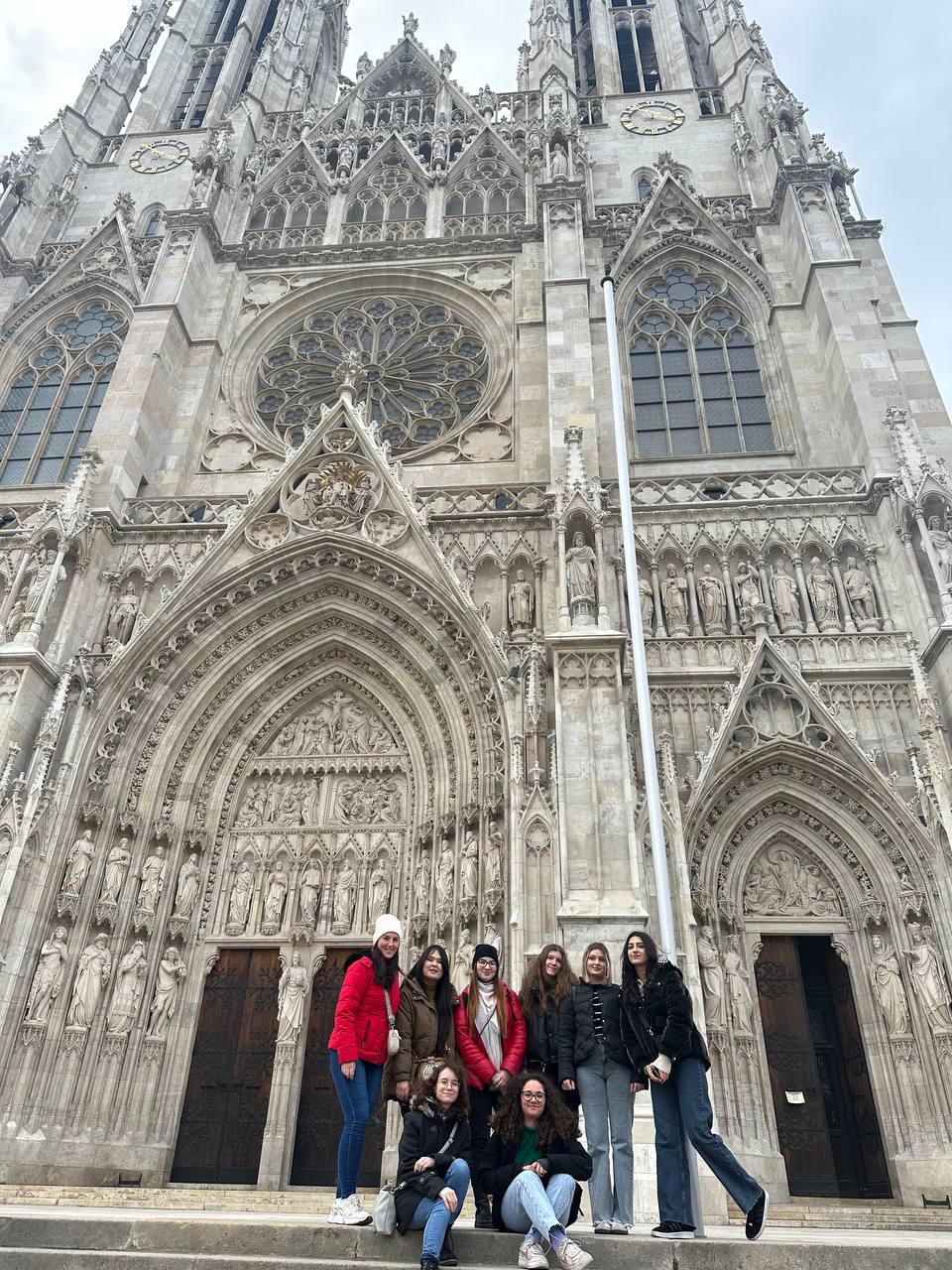
How is the grading system organized during the exchange?
Grading methods varied depending on the subject and the professor. Some professors focused more on class participation rather than assigning grades throughout the semester. Homework was another key component; its quality contributed to the final grade. At the end of the semester, exams took different forms, such as written tests, online assessments, debates (as I experienced in Practical Class 4), or presentations.
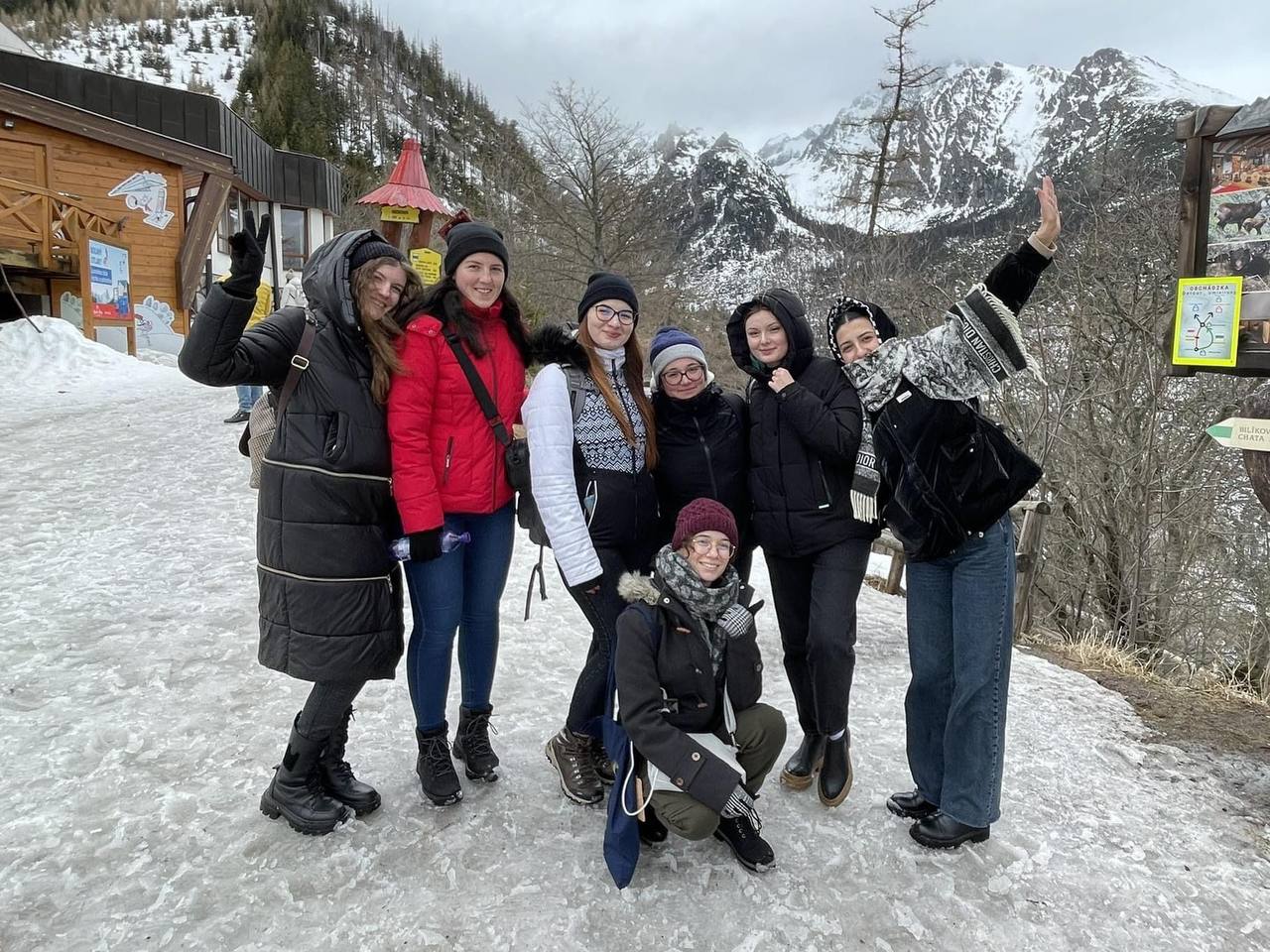
What cultural adjustments might be necessary?
Since Slovakia shares cultural similarities with Ukraine, I did not encounter significant differences in day-to-day life. However, cultural adaptation still plays a crucial role in ensuring a comfortable experience when living and studying abroad.
Several factors come into play, such as learning the local language, understanding food preferences, being aware of traditions and customs, and adjusting to the lifestyle. For instance, in Ružomberok, I noticed that most people are very family-oriented and prefer spending evenings at home. Initially, this felt unusual because I rarely saw people out and about in the evenings during my first few days.
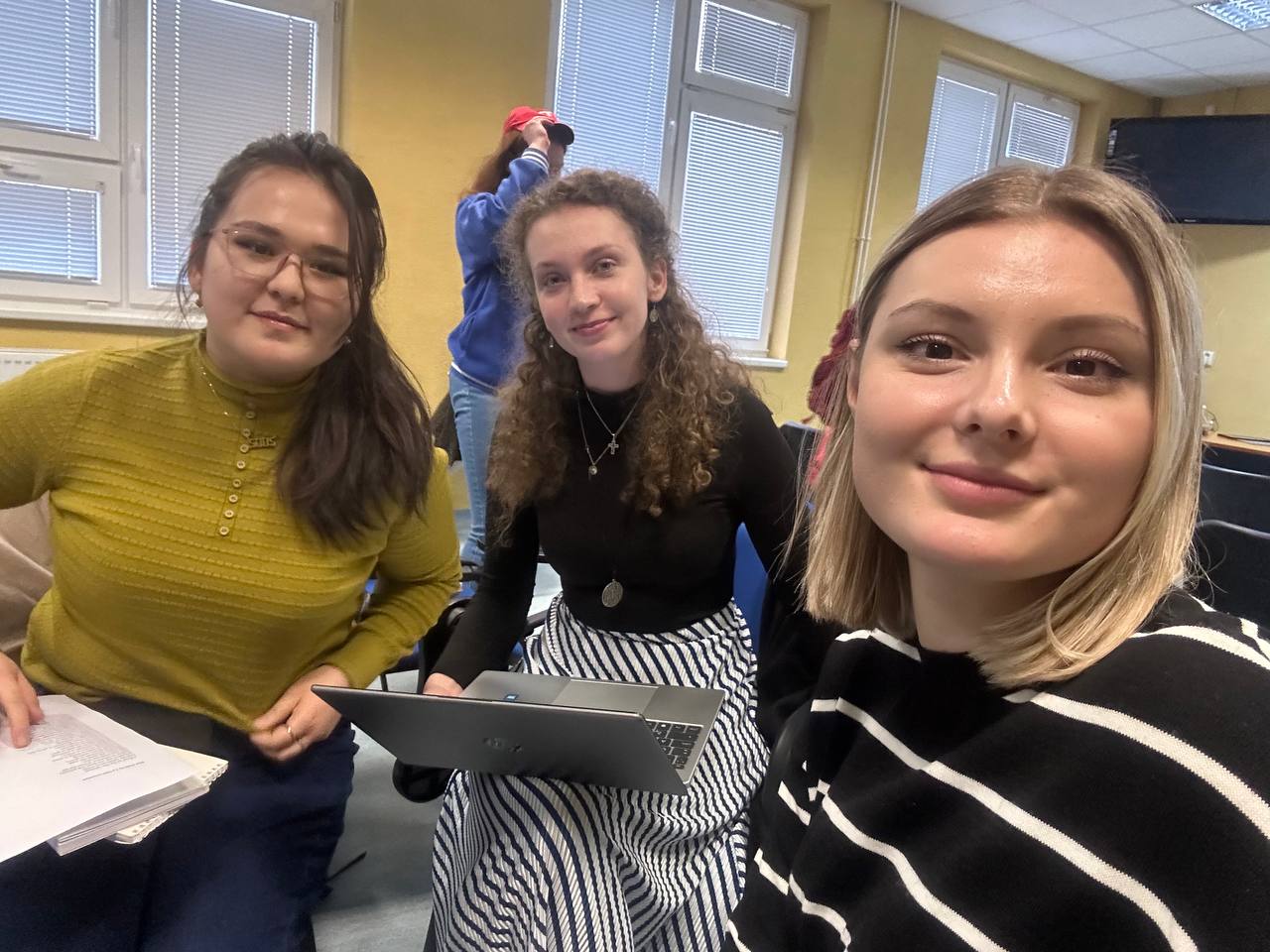
Another aspect to consider is how weekends are structured. In Slovakia, many shops are closed on Saturdays and Sundays. Being aware of these differences ahead of time can help ease the transition and make the experience more enjoyable.
What challenges might Erasmus students face?
The biggest hurdle for many students is the fear of speaking, even when they have a strong grasp of the language. Communication is essential while living abroad, so overcoming this barrier is crucial. It’s also worth noting that not everyone in Slovakia speaks English fluently, so there were moments when I had to make an extra effort, especially in situations like visiting a pharmacy or handling official matters. Differences in the education system and teaching methods may also pose challenges for exchange students.
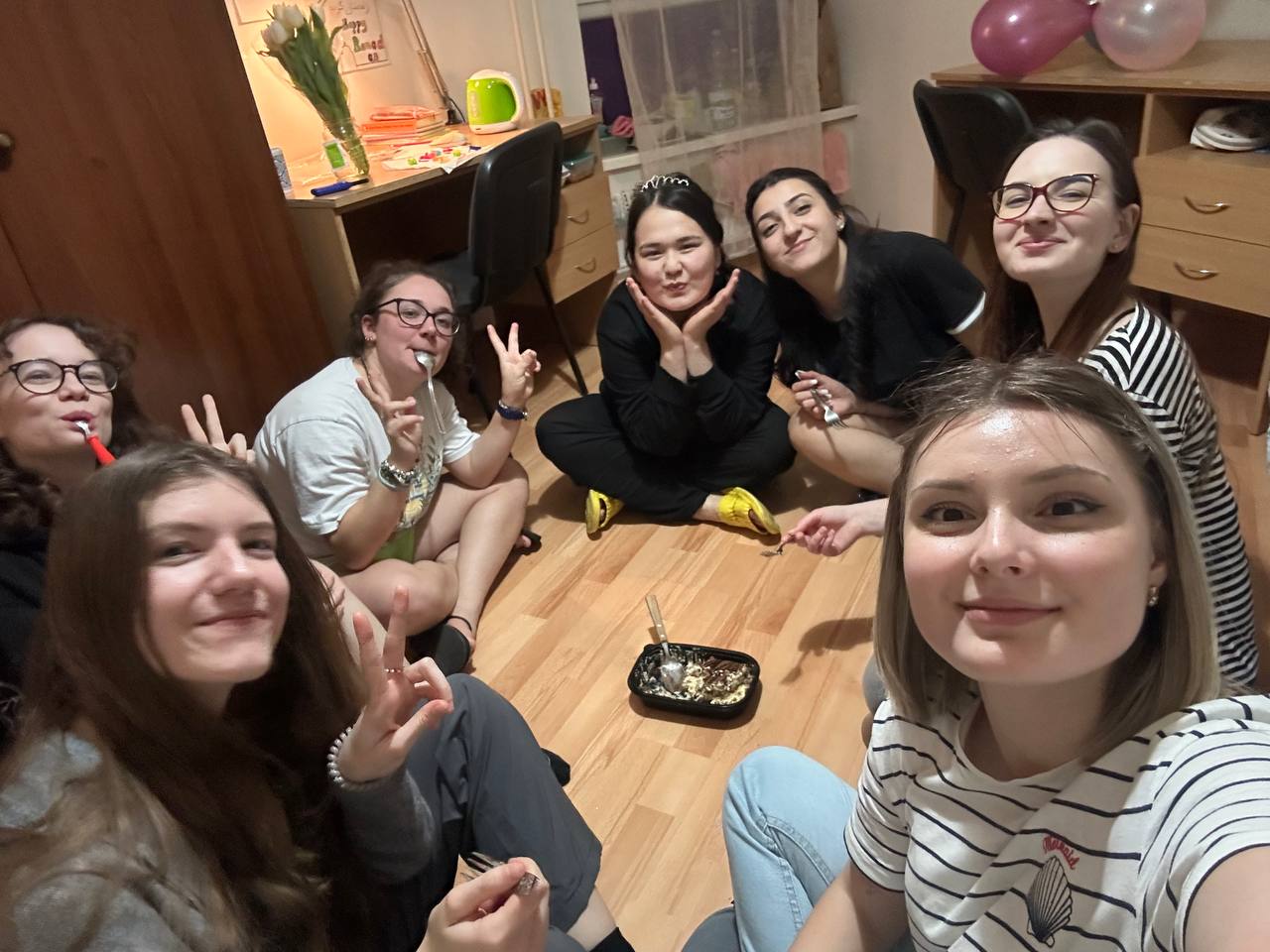
How do you balance study and leisure?
Balancing study and leisure during my Erasmus+ exchange wasn’t as challenging as it might seem. The teachers at the Catholic University of Ružomberok were considerate in assigning homework, ensuring we had enough time to relax and enjoy ourselves. The key to managing your time effectively is to plan around your class schedule. For me, classes were spread across three working days, with Slovak language courses on Fridays. This setup gave me sufficient time to focus on my studies and complete homework during the remaining two working days.
Weekends were entirely free, allowing me to relax and enjoy my leisure activities. I often spent time with fellow students, exploring local lakes, taking walks, or reading books. This balanced schedule made it possible to stay on top of academic responsibilities while fully embracing the cultural and social experiences of studying abroad.
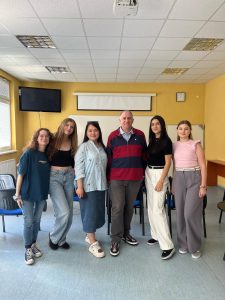 How is credit transfer handled?
How is credit transfer handled?
This question is also not difficult to answer. The first and most important thing to do is to pass all the necessary exams at the university. Then, after the teachers have given you the final grades for each subject, you can go to the university, and they will transfer these grades to the system you need. In my case, Martin, our coordinator in Ružomberok, helped us with the accreditation of all the points received for each subject.
How do students access libraries and learning resources?
The university provided a thorough orientation before the start of classes, during which coordinators introduced us to the library and explained its rules. We were given access to textbooks, printing facilities, and other necessary learning resources, making our academic experience more convenient.
Are there activities for newcomers?
Yes, there are many activities designed to help newcomers integrate. Before classes began, we were introduced to the university’s structure, faculties, and facilities. A guided tour of the campus, including the library and canteen, was also organized. Additionally, we had a group trip to the mountains, where we bonded with other Erasmus+ students, learned more about each other, and enjoyed Slovak nature and cuisine.
What safety measures should students consider while abroad?
Safety should always be a priority. It’s important to purchase health insurance before traveling, which will cover any medical expenses. While abroad, staying vigilant with your belongings and following local safety guidelines is crucial to avoid theft or other issues.
Finally, finish the phrase, “Erasmus+ for me is…”
Erasmus+ for me is an opportunity to discover myself in new ways. It’s a chance to step out of your comfort zone, see the world from a different perspective, and broaden your horizons. This program allowed me to better understand my strengths and weaknesses, and it helped shape my future goals and priorities.
ONCE ERASMUS, ALWAYS ERASMUS!
Working together for victory!
